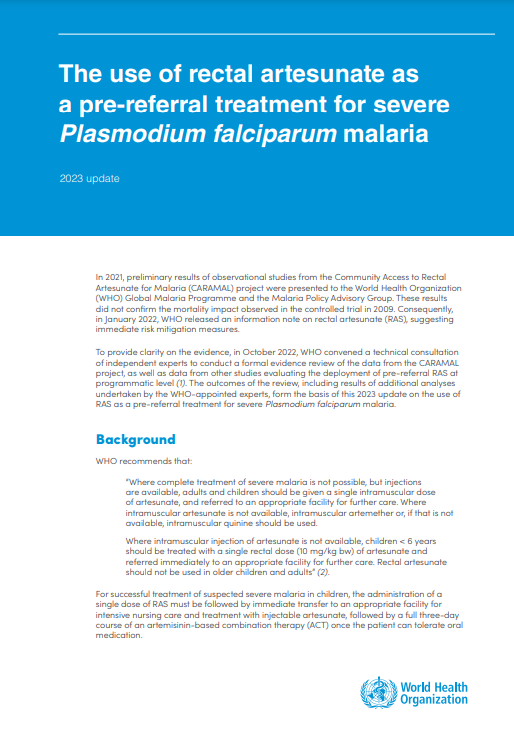Last Updated: 28/05/2025
Dysregulation of the Human Ubiquitin Proteasome System in pediatric severe malarial anemia
Objectives
To understand the dysregulation of the Human Ubiquitin Proteasome System (UPS) in children (age, ≤ 48 months) presenting with severe malaria anemia (SMA; Hb<5.0g/dL) at a rural county referral hospital in western Kenya, a holoendemic region for Plasmodium falciparum malaria.
The proposed study is a four-year mentored research career development program. The Principal investigator, Samuel Bonuke Anyona, PhD is currently a Lecturer of Medical Biochemistry at the School of Medicine, Maseno University, Kenya. The proposal presented builds on recent research and adds new learning domains of advanced training in the generation of transcriptomic data, analysis of complex transcriptomic and biochemical pathways, and therapeutic/drug discovery. These tasks will be achieved through research investigations that will be conducted in Dr. Douglas J. Perkins (Primary Mentor) laboratories at the University of New Mexico, USA, and the Maseno-UNM facilities in Kisumu and Siaya, Kenya. The proposed experiments will transition the investigator towards independence as a scientist in infectious diseases, with a focus on the UPS. In addition, the K43 program will equip the investigator with new skill sets and foster collaboration with world-class scientists. Malaria remains a significant global health burden, with an estimated 219 million (95% confidence interval [CI]: 203–262 million) cases reported worldwide in 2017. In western Kenya, P. falciparum malaria remains one of the leading causes of childhood morbidity and mortality with the primary severe disease manifestation being SMA. The Ubiquitin-Proteasome System (UPS) is a major pathway for intracellular protein degradation and regulation of basic cellular processes. Both proteasomes and ubiquitin are associated with various clinical syndromes. During host-pathogen interactions, the UPS is important for antigen processing, and falciparum parasites have the ability to modify the host proteome for improved survival in infected erythrocytes. However, the impact of malaria on the host UPS remains unreported. Recent investigations on human ubiquitylation gene expression profiles showed that children with SMA have dysregulation in the UPS. To build on these preliminary investigations, and to further decipher the role of the human UPS in the development of SMA in children, the proposed study aims to: 1) Identify genes in the host UPS that contribute to the development of SMA, 2) Determine if children with SMA have altered protein homeostasis (cellular stress) due to perturbations in the UPS, and 3) Identify compounds that modify the human UPS that could serve as future therapeutics for the treatment of malaria.
Aug 2020 — Jul 2024
$209,302
